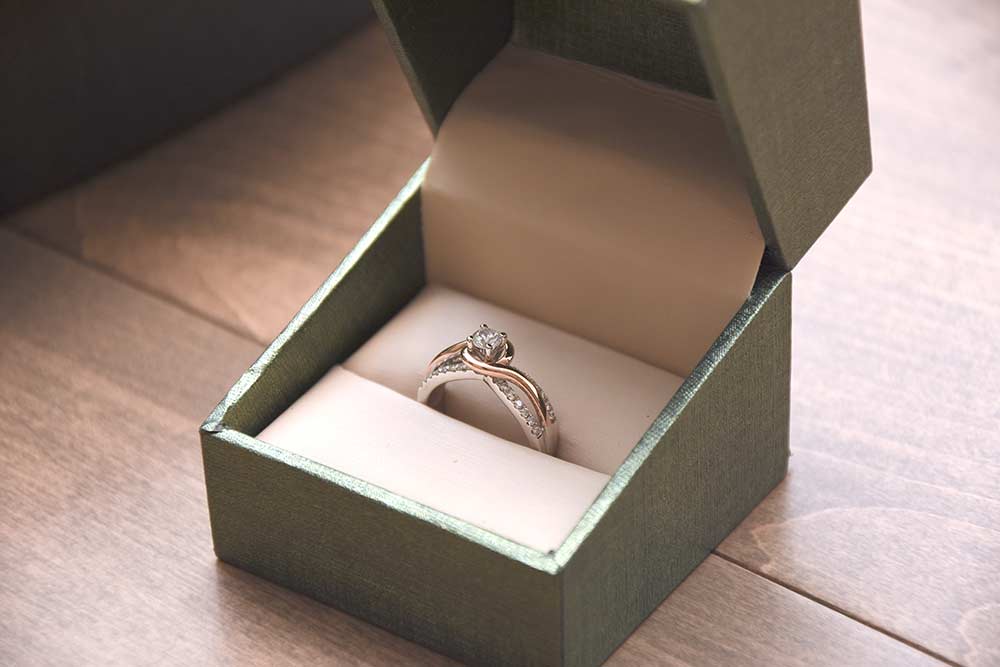Do I need a Prenup in NY/NJ?
A prenup is a contract between two individuals signed prior to their marriage which determines certain rights and obligations, typically arising out of a divorce or death. Prenups can also address other personal or lifestyle agreements that a couple might want to commit to prior to their marriage.

When a couple marries, they enter a legal relationship which creates rights and responsibilities imposed by the law. Legal guidelines help ensure that upon death or divorce, each party (or surviving party) will be fairly treated in light of the nature of this relationship. In contrast, when a couple signs a prenup, they can create their own law between themselves to the extent that they opt out of the standard legal guidelines. For example, upon death, without a prenup, the law will ensure that a spouse receives a minimum amount of the deceased’s spouse’s estate, known as the “elective share.” With a prenup, this legal mandate can be waived. Upon a divorce, as another example, the law ensures that there is an equitable distribution of the marital assets and debts and seeks to fairly deal with significant income differential (what is called “alimony” in New Jersey). Upon a signing of a prenup, however, a couple can opt out of these standard laws.
The Risks of a Prenup
The art of assessing the benefit of a prenup is the art of balancing the tension between the romantic and the practical. Many individuals shy away from prenups, feeling that it would be inappropriate to raise the idea with a person with whom they hope to spend the rest of their life. Suggesting a prenup can be interpreted to suggest a lack of trust to the person you are about to wed. This is a legitimate and understandable concern, and often entirely warranted. Imposing prenups, particularly on adult children, can imbue toxicity in the in-law relationship that may haunt a marriage till death (or divorce) do they part.
Furthermore, there might not be any reason why a couple should look to deviate from the legal standards that would otherwise apply. Indeed, prenups are not necessary for all couples. If a couple is not interested in coming up with a future arrangement that deviates from the legal guidelines, then a prenup might just be unnecessary.
Considering these potential risks, why would anyone benefit from raising the issue of a prenup with their fiancé?
The Benefits of a Prenup
Protecting Children from a Prior Relationship
There are some circumstances in which a prenup can offer unique protections that the law does not provide. Most common is for second marriages, especially when there are children from prior relationships. In such circumstances, each party getting married with prior children will look to ensure that their own children will remain the beneficiaries of his and her estate, notwithstanding a new spouse. Because the new couple readily appreciates the value of protecting the children to ensure that they will benefit from the assets accumulated before this new marriage, a couple marrying for the second time may readily agree to opting out of the law which could otherwise prioritize the new spouse over the prior children.
Protecting a Family Business or Heirloom
Another common situation calling for the use of a prenup is to provide protection when there is a family business. For example, where there is a child working in a family business, the family stakeholders might seek the protection of a prenup to ensure that the family business would never become a marital asset subject to equitable distribution.
Protection from Debts of New Spouse
Along with accumulated assets, a court will divide marital debt and other liabilities in a divorce. If a spouse comes to the marriage with an extensive amount of credit card, other debt, or potential bankruptcy, a prenup could establish that such debt is the spouse’s separate debt and minimize the risk of having to assume responsibility for that liability in a future divorce.
Protection from a Volatile and Litigated Divorce
In addition to the specific terms in a prenup which can provide greater legal protection than the standard law, prenups also provide protection from the chaos and conflict of future lawsuits. A good prenup could help minimize the risk for any future litigation by resolving legal issues that will come up in the future, but doing it in the calmness and good relationship before the marriage, not during the tumultuous and potential volatile period of a divorce. This will ultimately save much time, money and heartache in case the marriage does not work out.
Transparent and Cooperative Communication and Problem Solving
Last but not least, one of the most beneficial aspects of a prenuptial process is providing the couple a safe venue to have this important conversation. Often, many couples happy with their relationship are also happy not to stir up any difficult conversation, especially about money which is a common source of marital discord. By having the conversation prior to the marriage (through working out the terms of the prenup), a couple can clarify their expectations of their new relationship with eyes wide open and better informed with the guidance of a professional to enable them to start their life together on the right foot, with transparency and collaboration.
In my next Blog, I plan on addressing two different ways in which couples can develop their prenuptial agreement as well as what is required for a prenuptial to be considered legally valid by the courts.







